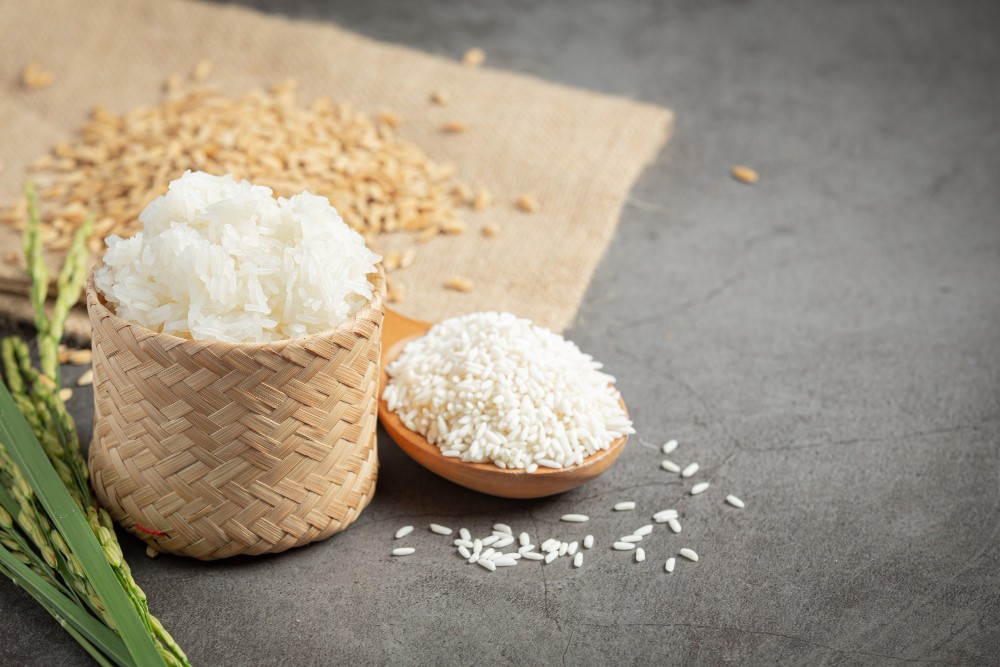As people reach the age of 60 and beyond, it's common to notice an increase in fat accumulation, particularly around the abdomen, compared to their 40s. This excess visceral fat around internal organs poses various health risks, including diabetes and heart disease. Why does weight gain tend to occur with age, and how can it be managed effectively?
Causes of easy weight gain in the elderly
Many believe that the body becomes more prone to weight gain because metabolism slows down as age progresses. However, this notion is refuted by experts. In a study published in the journal Science, researchers revealed that human metabolism tends to be stable between the ages of 20 and 60. It's only after the age of 60 that human metabolism tends to slow down.
It can be said that the rate of human metabolism is truly stable in adulthood between the ages of 20 and 60. Therefore, weight gain, especially around the abdomen, is not related to the body's metabolism after adulthood. As people age, their stamina and activity levels decrease, so their daily intake isn't fully utilized and is stored as fat. In reality, lifestyle factors can influence a person's weight.
A study at the Karolinska Institute in Sweden found that the increase in waist circumference in adults is caused by the conversion of fat into adipose tissue, making it easier for abdominal fat to accumulate. In this study, researchers observed fat cells in 54 men and women over 13 years. In the study, all participants experienced lipid changes in adipose tissue. Those who didn't balance it by reducing their daily calorie intake tended to gain up to 20 percent more weight. Researchers believe that these study findings could serve as a basis for addressing obesity.
Weight-loss tips for the elderly
An expanded waistline and abdominal area elevate the risk of diseases like diabetes, hypertension, and cholesterol disorders. As individuals age, calorie expenditure decreases compared to their younger years, making fat-burning more challenging. However, there's no need to fret. Here are some effective methods for weight loss in seniors, particularly those prone to obesity:
1. Exercise regularly
Exercise remains essential not only for youth but also for older individuals. Consistent physical activity can enhance metabolism and promote muscle mass development. Recommended exercises for seniors include strength training activities like pilates, gymnastics, swimming, and yoga. These exercises not only improve respiratory function but also facilitate calorie burning.
2. Consume foods high in protein
Entering old age, one way to help control weight is to eat foods high in protein to maintain muscle mass. Some types of protein recommended for the elderly include eggs, fish, chicken, and beef. Additionally, protein can also provide a feeling of satiety for longer, preventing the elderly from overeating.
3. Reduce sugar and calorie intake
In addition to increasing protein consumption, the elderly also need to reduce sugar and calorie intake to prevent fat accumulation and weight gain. Consuming too much sugar and calories can also increase the risk of diabetes in the elderly. Instead of sweets, the elderly are also advised to eat fresh fruits.
Losing weight in old age is more difficult than when you were younger. For this reason, you should adopt a healthy lifestyle from a young age by eating a healthy and balanced diet, exercising regularly, drinking plenty of water, and getting enough rest.
If you need medical advice or consultation, you can either visit a doctor or make use of the consultation features that are available in the Ai Care application by downloading the Ai Care application from the App Store or Play Store.











